Drummer, arranger, and bandleader Terri Lyne Carrington has been playing professionally since age 11 and has recorded and/or performed with a slew of music icons including Wayne Shorter, Herbie Hancock, and Prince, to name but a few. She truly carved out her own path in 2011 by gathering a dynamic list of female jazz vocalists to record eclectic collaboration album The Mosaic Project. The album garnered much praise from critics and earned Carrington her first Grammy for Best Jazz Vocal album.
Now, she has tackled another ‘first’ in her career by recording a Duke Ellington cover album. Money Jungle: Provocative in Blue is a soul stirring project by Carrington that was released in February. The album has quite a history behind it, as it was originally recorded by jazz giants Duke Ellington, Max Roach, and Charles Mingus in 1963. The trio project was Ellington’s way of addressing the issue of art versus commerce, which is still an ongoing struggle with artists today.
Carrington first heard the album about a decade ago and took up the daunting task of reworking the tracks with the help of bassist Christian McBride and pianist Gerald Clayton, who round out her own trio for the album. The resulting work is a contemporary take of the iconic recording that pairs Carrington’s crafty arranging skills along with the blues-based harmonies and socially-conscious message of the original.
The Jazz Line caught up with Carrington to discuss her new album and what her experience was like covering the legendary Duke Ellington.
– TJL: Money Jungle was recorded 50 years ago and has become a historic project by the late Duke Ellington, but there are many people who may not be familiar with the album. Was one of your goals to shed more light on this great project by Ellington, Max Roach and Charlie Mingus?
Carrington: It was really important to point backwards because the only way you can move forward is by acknowledging your past. So, if in any way I could bring a few more people to some of the work of Duke Ellington, that’s even better. It was my way of acknowledging those three great musicians and how much they contributed to the jazz world. And they were all very forward thinking so I did not feel bad or inappropriate about me imagining the music in my own way and putting my own harmony and rhythms behind it.
– Take me back to when you first heard Money Jungle. What intrigued you about this album?
It felt compelling, the energy was there, you could feel it coming through the speakers. It just felt important to me for some reason, and a little mystical. I can’t pinpoint what exactly drove me to do it, but ever since I heard it, I thought I would love to do something with the music. Its based in blues, so it wasn’t complicated in terms of the forms, but still the genius of Duke Ellington comes across.
– After listening to the album, did you immediately want to record a version of it?
When I first heard it, I was just listening to it wondering why it was so special and what made it so special. The first track, “Money Jungle” had that haunting bass-line and I thought that would be a great song to rearrange or cover, and I think that was the beginning of me saying, okay let me look at the rest of this record.
– In addition to it being a great instrumental record, it really had a deep message behind it. Was the socially conscious message of the album another reason why you wanted to record it?
Yes, absolutely. I think its an issue that all artists deal with at some point, trying to figure out, ‘well should I do something that’s more commercial that people will buy, or is my art not accessible ‘ At some point there are questions that surround art and commerce that I think most artists come across in their mind. So I think reading and listening to interviews on Duke Ellington made me feel better about my choices and how I think about things. He was very forward thinking and didn’t like labels and boxes, which is the reason why I wrote the song “No Boxes, Nor Words” on the album. He didn’t even like the word jazz. He was annoyed when people asked him about it and I can relate to that.
– Do you agree with what Duke was talking about not liking the word jazz?
I’m okay with it now. I went through a period of not liking the word jazz and not calling myself a jazz artist. But words are just words. What you are as an artist, as an individual cant be defined anyway, so we use words to describe things, so once I accepted that, it was easier to adjust to the term.
– I’m sure covering an album that included the great Max Roach was a treat for you. Talk to me about your relationship with Max. Did you ever record with him?
He tried to get me recorded when I was about 16. He was trying to get Blue Note to record me and he was going to produce the record. It didn’t work out, but I was just thrilled that he was on that trail of trying to get me recorded. I used to sit in with him when he came to town when I was a kid, so I have known him for a long time.
– Was Roach one of the musicians that inspired you to become a drummer?
Definitely, he was one of them, all the masters really. I started playing when I was seven so I listened to everybody and they were all encouraging and I got to meet so many of them and play with their bands when they would come to town. He was very much in my corner.
– If Duke, Charlie, and Max were still around, what do you think they would say about your cover of the album?
(laughs) Um, I’m not sure what they would say. I think anytime someone is paying tribute to you, unless it’s just horrible, they would be happy to know that what they did was invaluable to your life. I think they would be pleased.
Watch Terri Lyne Carrington’s “Mosaic Project” – Live in Tokyo, below:
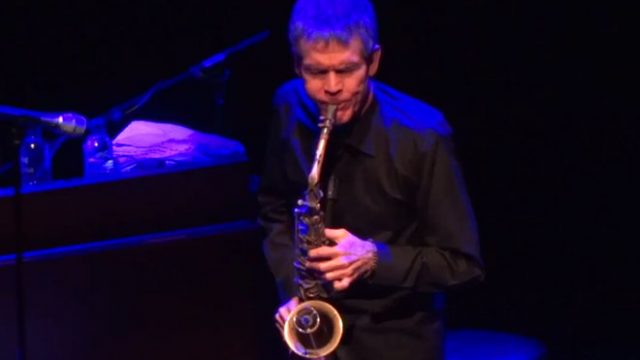
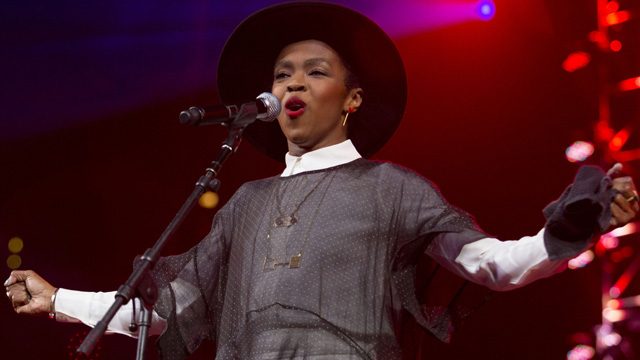
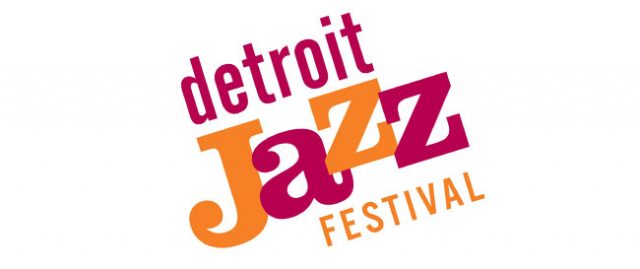
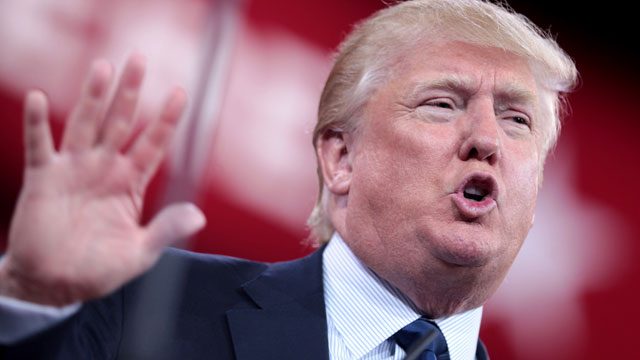
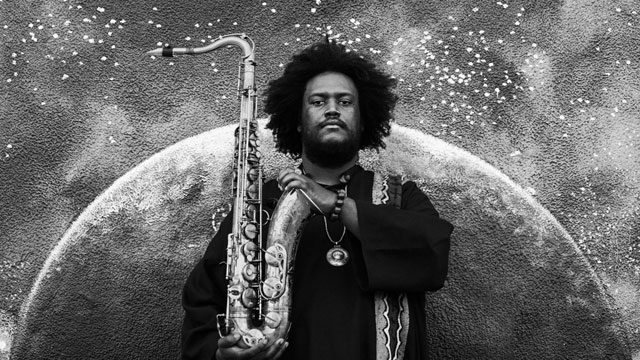
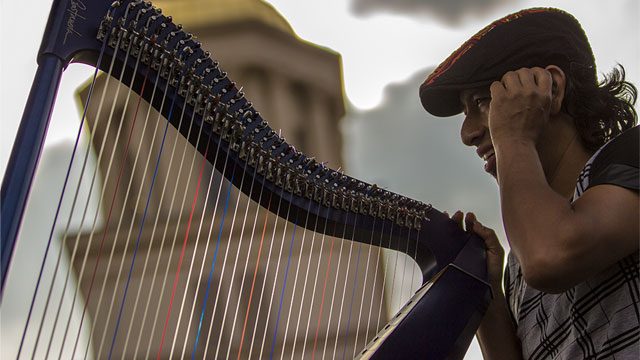
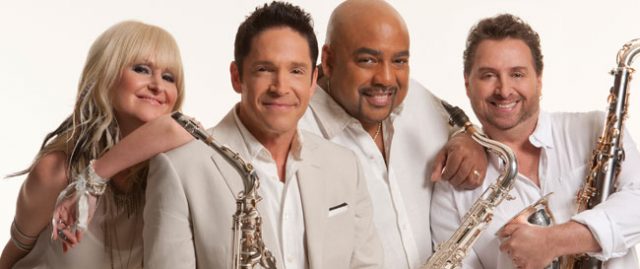
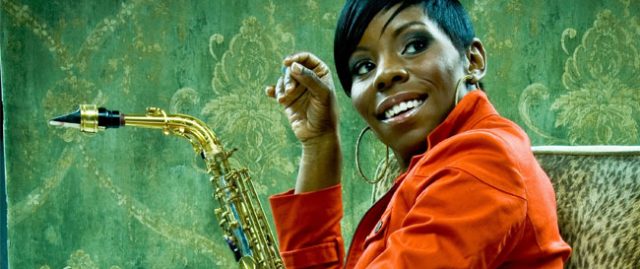
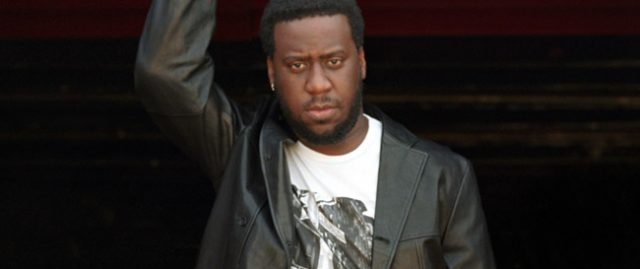
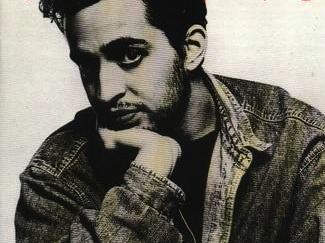
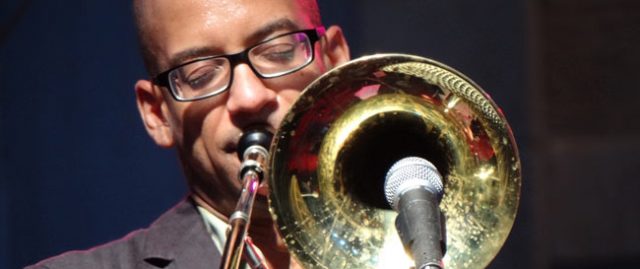
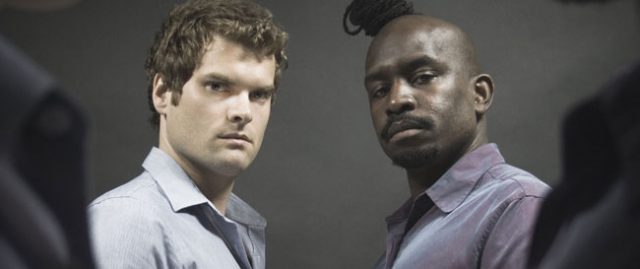
Have your say! Leave a comment below: